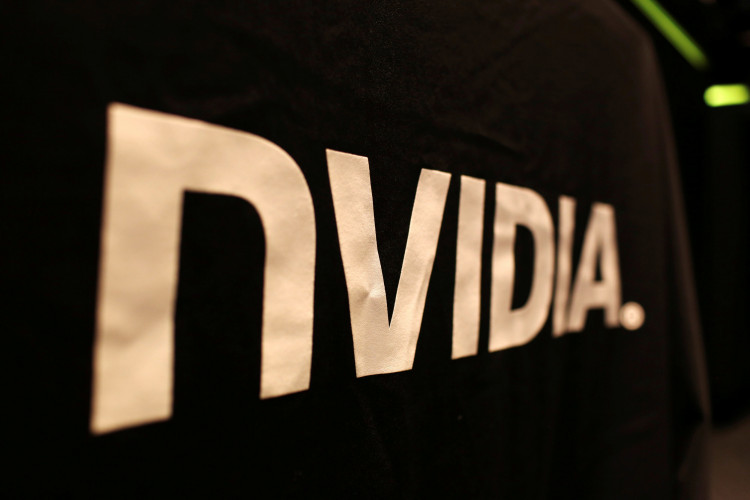In a striking display of the ongoing technological tug-of-war, Chinese military bodies, state-run artificial intelligence institutes, and universities have been acquiring Nvidia semiconductors, skirting around the U.S. ban imposed on exports to China, Reuters reported on Sunday. This continued access to advanced U.S. chips, crucial for AI and military applications, underscores the complex challenge Washington faces in restricting China's technological advancements.
The chips in question, including Nvidia's high-powered A100 and H100, along with the A800 and H800 models, were all subject to a U.S. export ban aimed at hindering China's technological and military progress. Despite these restrictions, records show numerous transactions involving these banned chips across Chinese entities. Such acquisitions raise critical concerns about the effectiveness of U.S. policies in controlling advanced technology proliferation.
Nvidia's graphic processing units, acknowledged for their superior efficiency in processing large volumes of data for AI, are at the center of this quandary. With no illegalities in purchasing or selling these high-end U.S. chips within China, an intricate web of transactions has emerged, involving underground markets and creative import strategies through other countries.
The implications of this technological defiance extend beyond mere acquisition. The persistence of these transactions demonstrates a significant gap in the U.S. strategy to contain China's technological ascent. As Nvidia chips continue to be a pivotal resource for AI research and military applications, their availability in China, despite U.S. efforts, signals a more profound struggle for technological supremacy.
Moreover, the scenario presents an intricate puzzle for Nvidia itself. While the company maintains its adherence to export control laws, the clandestine circulation of its chips in China poses questions about the integrity and implementation of these restrictions.
The broader impact of this development is also felt in financial markets. Traders and investors, particularly in forex and tech stocks, closely watch these unfolding events. The ongoing access to critical technology in China, in defiance of U.S. restrictions, could influence market sentiments, affecting the valuation of currencies like the U.S. dollar and the Chinese yuan, as well as the stocks of tech companies.
China's acquisition of banned Nvidia chips is a testament to the intricate dance of global technology control. It highlights the limitations of unilateral restrictions in a globalized world where technology transcends borders, posing significant challenges to U.S. efforts to curb China's technological and military advancements. The saga continues to evolve, reflecting the dynamic interplay of national interests, market forces, and regulatory efforts in the high-stakes realm of global tech dominance.






